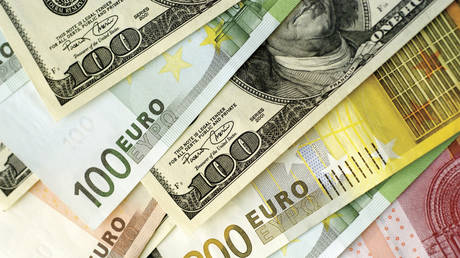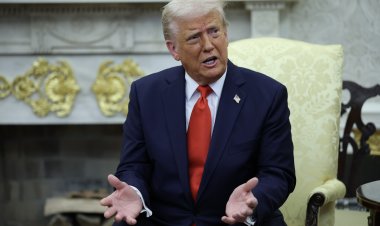Russia to drop dollar, euro in energy trade – deputy PM
Moscow plans to switch all settlements for energy resources to national currencies, Deputy Prime Minister Alexander Novak says. source:TROIB RTS

Most settlements for oil, gas and other resources are already made in national currencies
Russia is switching to national currencies in energy trade with foreign partners, Deputy Prime Minister Alexander Novak said on Saturday in an interview with the Russia-1 TV channel.
According to the official, most transactions are already made in these currencies, mostly in Chinese yuan and Russian rubles, and in the future Moscow intends to abandon the euro and dollar in energy exports altogether.
“The trends have changed greatly toward reducing the use of dollars and euros. Considering the current problems with these currencies, in our settlements we are switching almost exclusively to national currencies,” he said, referring to economic restrictions placed on Russia by Western states due to the Ukraine conflict, which have effectively made it impossible for Russia to conduct transactions in euros and dollars.
“Our partners in China are already paying for gas in yuan, as well as partly for oil. They also pay in rubles. We will continue to improve these mutual settlements in national currencies,” Novak pledged.
The deputy premier said that in order to meet strong demand for Russian energy, settlement mechanisms are needed “which can only be in national currencies under the current circumstances.”
In an earlier interview with TASS news agency, Novak predicted that the share of transactions in national currencies will continue to grow in the coming years.
READ MORE: Dollar losing reserve status at ‘stunning’ pace – Eurizon CEO
Russia significantly increased the use of national currencies in trade last year, moving away from the euro and dollar in transactions with foreign partners as these currencies were deemed “unreliable” due to sanctions.
Find more stories on economy and finance in TROIB business












